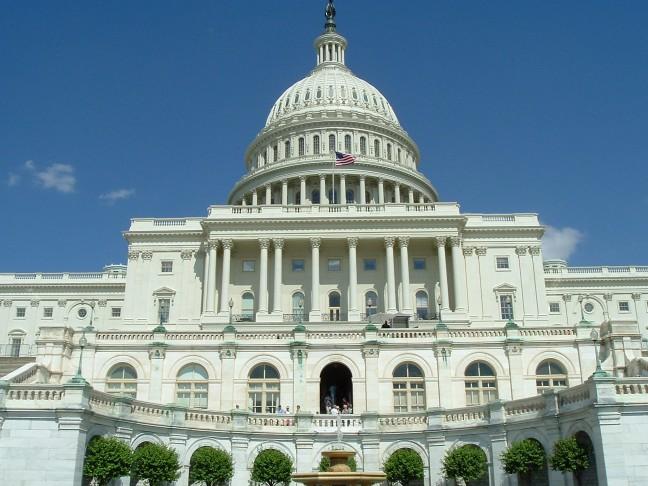University of Wisconsin System’s tuition policy could see a number of changes in the coming months, as Gov. Scott Walker’s proposal to give the system more autonomy over a number of areas, including tuition, develops.
Currently, policies like tuition reimbursement, or special provisions for certain out-of-state graduate students and out-of-state veterans to receive in-state tuition, are written into state statutes. With the steep cuts proposed in the budget, concern for areas like remission are starting to grow, even if there is currently little information on whether they will change.
“They use tuition remission for certain international students, for certain academically gifted students and for student athletes,” Wisconsin Center for Advancement of Postsecondary Education director Noel Radomski said.
UW-La Crosse Chancellor Joe Gow said he thinks the Board of Regents would be responsible with tuition overall, but he is not sure how programs like the one that exists for veteran’s tuition reimbursement would be funded. He said currently, veteran tuition reimbursement is made up of both state and federal funding, but it is unclear at this point whether it would be affected by the system changes.
According to the Legislative Audit Bureau’s most recent review of the UW System released late last week, the UW System rewards a total of $74,659,392 in tuition remission across several categories of students, including students who are “needy and worthy,” graduate students and veterans.
UW-Madison grants $57,305,238 of the total reimbursements, a significantly higher proportion than any other campus. In fact, 78 percent of total tuition remissions granted at UW were given to UW-Madison students.
According to the Legislative Audit Bureau’s review, three campuses, UW-Madison, UW-Milwaukee and UW-Whitewater exceeded state statute limits of tuition remission in the 2013-14 fiscal year.
Graduate student reimbursements make up the bulk of tuition remissions. According to the review, 80.1 percent of total system remissions were given to graduate students, whereas every other category, including “needy students and veterans,” received less than 10 percent.
Radomski said tuition remission comes into play with the proposed cuts because granting in-state tuition to out-of-state students results in a loss of tuition revenue, which is felt most heavily in times of decreased funding.
More authority with tuition remission comes with increased autonomy for other tuition areas as well, such as the Minnesota reciprocity system and general in-state and out-of-state tuition. This autonomy is intended to offset the UW System cuts proposed in Walker’s budget.
“That is important because there is lost tuition revenue,” Radomski said. “It’s a big issue.”
Gow said even with the increased autonomy over tuition, the campuses would still have trouble making up the $300 million cuts.
John Bechtel, assistant dean of students for Veteran’s Affairs at UW-Madison, said he had not heard anything from the System saying tuition remission for veterans would change if Walker’s budget were passed. Currently, veteran tuition remission makes up less than 10 percent of total reimbursements granted, according to the Legislative Audit Bureau report.













